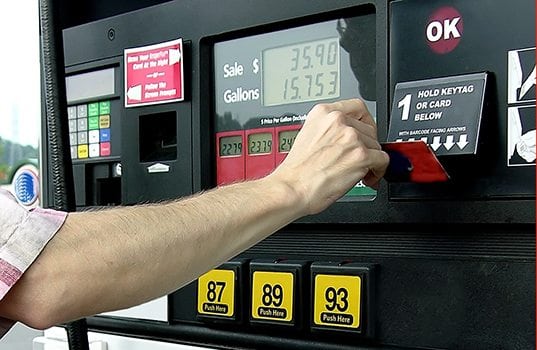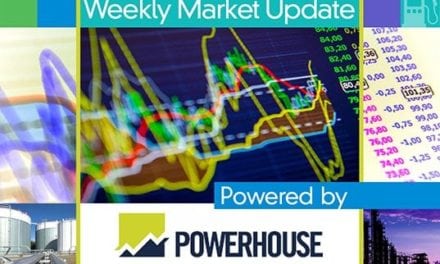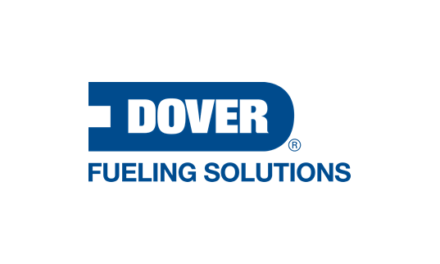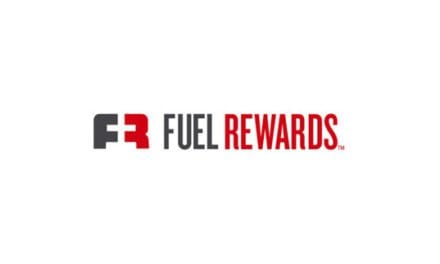By Glen Sokolis, Sokolis Group
Fuel cards are one of the most convenient aspects of the modern trucking industry. They ensure that every driver can get fuel when they need it, don’t have to worry about receipts or reimbursement, and that all company-related refueling stops are charged to the correct account every time. Unfortunately, fuel card fraud is also one of the biggest problems faced by companies with fleets all over the world. From being used to fill non-fleet vehicles to actively being hacked by illegal card-skimming devices, your company could be losing hundreds to thousands of dollars every year to fuel expenses that aren’t being used to run your vehicles. Naturally, you need a prevention plan.
Work With Your Drivers, Not Against Them
First things first, do not start accusing drivers of fraud. This is a quick route to angry loyal drivers who haven’t committed fraud and defensive drivers who may have slipped up once or twice and are now worried about retribution. The best way to stop fuel card fraud, in all its forms, is to work with your drivers and get them on your side. Make it clear that you want to keep your books clean and have a solid understanding of your fleet’s operations, including fuel consumption.
Understanding Fuel Card Fraud
The next step to stopping fuel card fraud is to know where it comes from. Here are a few examples of how your fuel cards might be paying for more than they should:
- Filling up non-fleet vehicles such as personal vehicles or for another driver for cash or charity
- Buying food and drink
- Sometimes carelessness
- Double-charged by the automated system (not the driver’s fault)
- Card information was stolen. The could occur by a hacker’s skimming device illegally installed at a pump or one of your fuel merchants got their computers hacked
Preventing Fuel Card Fraud from Driver Behavior
Once you know where fuel card fraud comes from, you can build a number of preventative strategies. The most important tactic is to carefully audit fuel card expenditures with vehicle activity. The most obvious infractions will be charges on days or in areas that you don’t have a particular card-holding driver scheduled. These are most definitely suspicious charges and should be investigated. You also know about how much mileage your vehicles get and the approximate price of fuel. If you’re seeing a daily charge for fuel that accounts for far more miles than were scheduled or traveled, this is another clear sign of suspicious activity.
Let your drivers know that you’ll be tracking these stats. This will make it clear that unusual activity will be investigated and consequences will be enacted for any misuse/fraud. If your audits reveal fuel card fraud in the past, deal with it accordingly but otherwise keep the drivers on your side. Emphasize that it’s their duty to protect the fuel cards and themselves from fraud.
Auditing fuel card transactions is a vital function, but it only detects what has already ocurred in the past. To help prevent fraudulent activity, make sure your fuel cards controls are properly configured for your fleet operations. Here are some typical controls that fuel cards may offer:
- Limit number of charges per card per day
- Limit purchase amount per day
- Limit purchase amount per transaction
- Limit number of gallons per transaction
- Restrict card use to only fuel and specific fuel types
- Restrict card use to approved days of the week or time of day
The policies that you put into place will depend on your fleet and the specific fuel card services you use and how you want to work with your drivers. While most of your drivers will be on your side, these restrictions will help you stop the occasional driver who thinks they can sneak a transaction through the system.
Preventing Fuel Card Fraud from Skimming Devices
Skimming devices are becoming a disturbingly popular way to steal payment card information. What the criminals do is pry out the old card reader and glue on their false, similar looking, reader/skimmers. The transaction will usually still go through and your drivers will get fuel, but the payment data on the magnetic strip will also be stolen and used for things like online orders or Uber rides (no joke!).
Let your drivers know that they are being targeted by scammers and that it’s important to protect themselves from fraud accusations by being careful to watch out for situations that could have been caused by skimmers. The best way to do this is to stick with well-lit stations with working security cameras, as it will have been harder for criminals to install their devices. In a sketchy place without other options, pull up to the pump closest to, and in direct line of sight of, the clerk inside for the same reason. Finally, ask your drivers to compare the card scanners at nearby pumps. If they look different, roll on to another filling station and report the suspicion.
Detecting What You Can’t Prevent
Finally, it’s important to understand that fuel card fraud is often something that happens because details are allowed to slip through the cracks. Drivers may notice if you never review and question transaction reports. Then, they may feel they can get a little extra without hurting the company. By monitoring your fuel card records for signs of over-filling, non-fuel purchases (by driver or scammers), and double-charges from merchants, you can not only save the fleet a significant amount of annual expense, you also show your drivers how important fuel card integrity is. When you simultaneously work as a team to prevent fuel card fraud and exact consequences for infractions, soon your team will be ship-shape and your finances will make a lot more sense.
 Glen Sokolis is the Founder and President of Sokolis Group, a nationwide fuel management and fuel consulting company. He has more than 25 years of experience with fleet fuel and founded Sokolis Group in 2003. Sokolis Group’s mission is to reduce and control their clients’ fuel spend through tightly managed, customized programs. Sokolis can be reached at [email protected] or 267-482-6160. If you’re concerned about fuel card controls and want to know if you can take any additional steps to help prevent misuse/fraud, contact Conor Proud at Sokolis Group, [email protected] or 267-482-6159.
Glen Sokolis is the Founder and President of Sokolis Group, a nationwide fuel management and fuel consulting company. He has more than 25 years of experience with fleet fuel and founded Sokolis Group in 2003. Sokolis Group’s mission is to reduce and control their clients’ fuel spend through tightly managed, customized programs. Sokolis can be reached at [email protected] or 267-482-6160. If you’re concerned about fuel card controls and want to know if you can take any additional steps to help prevent misuse/fraud, contact Conor Proud at Sokolis Group, [email protected] or 267-482-6159.









